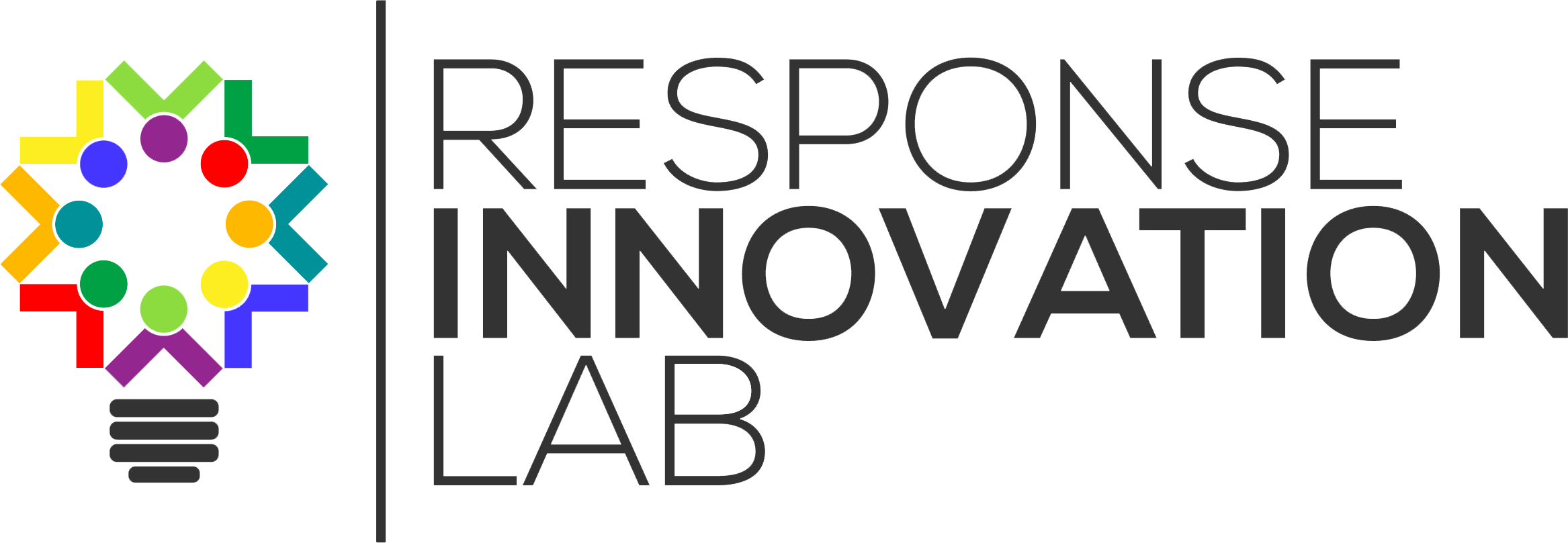South Sudan
Response Innovation Lab (Pop-Up)
Overview
South Sudan has been devastated by decades of war that caused the deaths of two million people and forced four million to flee. The crisis continues to face multiple humanitarian challenges including internal conflict and displacement, food insecurity and high rates of malnutrition, poor access to basic services including education and healthcare, and weak child protection mechanisms
Save the Children South Sudan asked the Response Innovation Lab to support in convening their team of problem solvers from the country office and its implementation partners to define challenges in their humanitarian response, identify priorities, and innovations that can make a long-term difference.
The RIL team ran an innovation workshop to build capacity across Save the Children staff and partners by identifying 3-4 program implementation challenges and working towards adopting innovations that are currently ready to use in South Sudan. The end-goal is finding new ways to overcome obstacles to impact through the creation of an organizational space to learn and practice innovation concepts and methods. The end result will be to increase capacity in the Save the Children South Sudan office and to be an effective adopter of innovation that leads to concrete projects ready to be piloted.
Serving the most vulnerable.
What We Are Doing
Save the Children South Sudan and the Response Innovation lab conducted a Convening of local actors to map who exists in the ecosystem, their roles, addressing the challenges, and setting the stage for solution-finding.
The Convening workshops ran over nine weeks with innovation experts conducting a “learn-by-doing” approach by:
diving into programmatic challenges
refinement of problems to facilitate finding a solution
matching innovations, how they can be adapted
concluding with a basic project design you can build on for funding and implementation
Challenges
The following challenges were identified and selected by the participants:
The low capacity of teachers leads to poor educational outcomes for children.
Traditional attitudes toward gender roles and attitude toward education lead to poor educational outcomes and high dropout rates.
Lack of monitoring and accuracy of data of screening by community nutrition volunteers (CNVs) leads to children with malnutrition (SAM and MAM) not accessing nutrition services in a timely manner
Severe food production gaps lead to farmers applying negative livelihood coping strategies and contribute to acute malnutrition in children under five and pregnant and lactating women.
Evidence
Ecosystem Map
The ecosystem map is a dynamic map of the local humanitarian ecosystem in South Sudan to better identify actors, innovators, in the response. While most organizations included have a physical presence in Uganda, some are based externally but have established connections to this ecosystem.
Innovation Directory
The directory was developed to highlight what local innovations are currently being utilized in South Sudan in support of further scaling in areas where they are being implemented and beyond.
Challenge Maps
An outcome from the work done with Save the Children - South Sudan was the identification of several challenges being faced in the humanitarian response. Click to see the different challenges that have been mapped.
CASE STUDY: Adapting Innovations for Impact
With solutions
Our Model
The Response Innovaiton Lab provides tools and guidance for actors to jointly develop solutions, whether using existing approaches or incubating innovations. Our Labs work in their local responses, and are also able to be contracted externally, alongside the Central-Support unit to support innovation, innovators, and ecosystem development.
Below are the Response Innovation Lab’s three core functions:
Convene
Convening all stakeholders involved in the response is the first action the Response Innovation Lab takes. In doing so, the intent is to understand and build the Ecosystem surrounding the response. Through the convening, an Ecosystem Map is produced that highlights who all the stakeholders are, where and how they work. The Ecosystem then works together to identify current challenges that are affecting the population the most, and how and if they overlap with other challenges - we call this the Challenge Map. When the ecosystem and challenges are mapped, the Response Innovation Lab moves into the second function of Matchmaking.
>>> Click to see the ecosystem directory.
Matchmaker
The Matchmaking function supports finding and developing solutions to match the identified challenges. Utilizing a team of experts from the humanitarian sector, innovations from other contexts that are piloting, scaling or in production are looked at, as well as those from the local communities that can be incubated and developed. The final tier of solutions are presented to specific stakeholders in the identified challenge, and they select the best solution to move forward. With that final selection, the Response Innovation Lab moves on to its third function of Support.
Support
The Support function benefits two different groups 1) the selected innovator 2) the challenge holder. For the innovator, the Response Innovation Lab supports their piloting to match the challenge, making sure they understand humanitarian ethics in their approach, and how best to capture monitoring and evaluation. Additionally, support is given in business development, funding, and market entry.
For the challenge holders, support is given to identify funding opportunities to pilot the solution (although we recommend this happens prior to the solution identification), and the monitoring and reporting on the impact.
That affect change
Thank You
Thank you to all our partners who support the Response Innovation Lab, and vulnerable populations.
The Response Innovation Lab South Sudan Pop-up was made possible by funding from Save the Children Denmark.
Join us!








